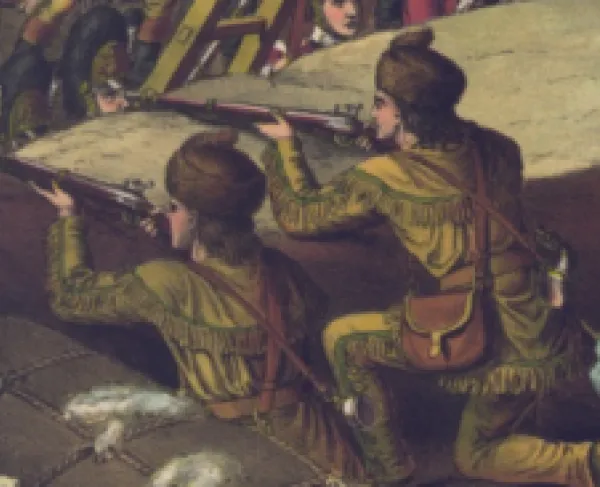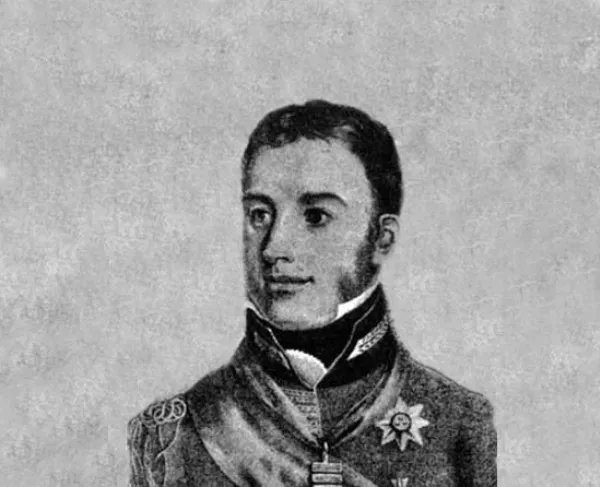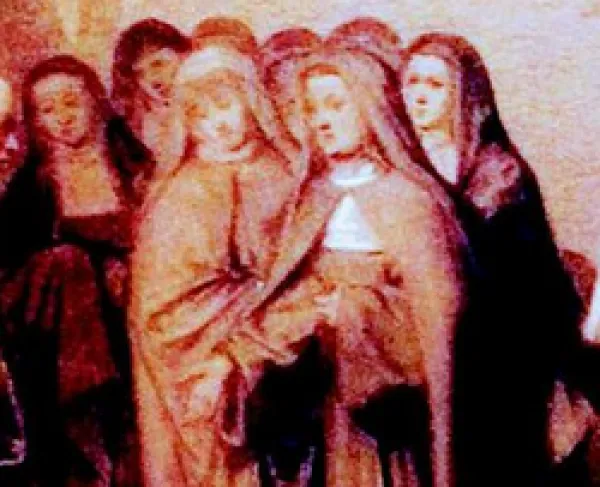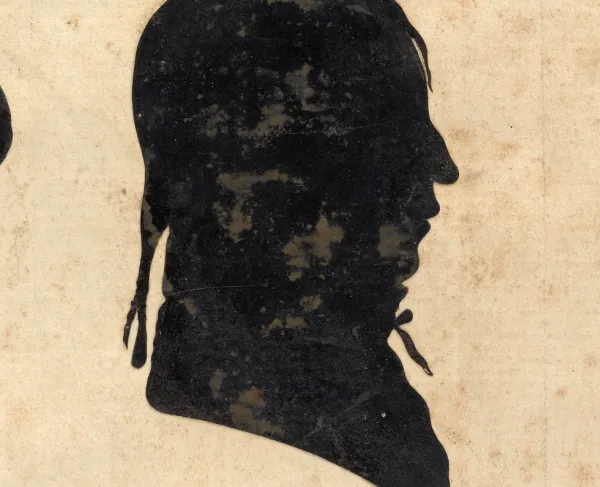Pierre Juzan

Pierre Francois de Juzan, Peter Juzan, Pierre Jugeat. His first and last names appear in various forms, often reflecting the diverse Native American, French, Spanish, and American individuals he interacted with during his time as a trading post owner and military figure. (For this biography, Pierre Juzan is used, following a precedent in National Park Service writings and giving respect to his family’s French heritage.)
Born in 1759 in Mobile, Alabama, Pierre Juzan was the only son of Pierre G.F. Juzan and his wife, Catherine Parant. His mother died the same year he was born, and after his father married again, young Pierre had several step-siblings. The Juzan family traced their ancestry to European aristocracy and courtiers of the French king. Pierre’s grandfather had been a lieutenant in the French king’s musketeers and somehow arrived in North America, helping to establish and defend Fort Conde at Mobile Bay (Alabama). His father served as the Spanish Majesty’s Indian Commissioner of Alabama, a liaison to Native American tribes keeping the French and Spanish colonials informed of happenings. In this position, Pierre Juzan Sr. watch British efforts and activities, passing information to Spanish Governor Bernardo de Galvez who shared details with Americans.
Young Pierre and his step-brother Charles attended schools in Mobile, Alabama. Some accounts claim they moved to Mississippi Territory during the 1770s or early 1780s, settling with the Choctaw Nation. Records are not clear if both brothers established trading posts, or if Charles owned the posts and Pierre worked as a trading agent.
Pierre Juzan founded Chunky Chitto, a trading post in modern-day Choctaw County, Alabama. He traded with the Native Americans for furs and hides which sent to New Orleans or Mobile and exported to meet high demand and prices in Europe. In return for these furs, Juzan traded guns, ammunition, gunpowder, blankets, metal work, glass, and alcohol to the tribes. He established farming practices at his trading post, either as a small farm or a plantation with enslaved people. Juzan’s apple orchard became famed among the Choctaw people. He supported Catholic mission schools; records suggest that in the early 1800s, there was a school at Chunky Chitto with 9 students and a teacher one year.
The War of 1812—fought between 1812-1815—started as a conflict between the British and Americans, but Native American tribes and allies took opportunity to fight for their own causes, too, and uprisings and smaller wars occurred simultaneously. In 1813, the Redstick Creek tribe attacked Fort Mims, and Choctaw leaders took prompt action to keep their nation in a neutral posture. Later, at the urging of American officials and trading post owners, some tribes of the Choctaw nation formed companies to fight the Creeks. The United States recognized the organized Choctaw warriors as soldiers in the U.S. Army.
By the 1810s, Juzan lived in or near the village of Coosha with his wife, who was the niece of a powerful Choctaw chief, according to legend. He helped to organize warriors to joined United States military forces.
In 1814, American General Andrew Jackson sent a message to the Choctaw Nation, requesting reinforcements to defend New Orleans from British invasion. According to the muster rolls, Captain Pierre Juzan mustered Choctaw warriors and served under Jackson from December 17, 1814, to March 10, 1815. Between 50-60 warriors fought at the Battle of New Orleans. Accounts vary about the warriors’ role in the battle, but it seems that they guarded swampy ground and unexpected fired on the British army’s flank or camp. They might have also crept into the British camp or picket line during nights and assassinated unsuspecting British soldiers. Whatever their exact role, Juzan and the Choctaw warriors were part of the diverse army battling the British and securing an American victory at New Orleans on January 8, 1815.
For his military service, Pierre Juzan received $131.70 and one blanket. He presumably returned to his trading post. In 1830 Juzan accompanied Choctaw tribal leaders to a council with United States commissioners where they were asked to give up their national tribal land east of the Mississippi River and move to the territory of modern-day Oklahoma. An amendment to the terms was offered, allowing Choctaws to remain if they proved tribal heritage. Reluctantly, the tribal leaders accepted the treaty. Pierre Juzan’s brother and nephews received land grants, and he might have received land, too.
Juzan died in 1840, while living somewhere along the Tombigbee River in Alabama.
Related Battles
71
2,034





